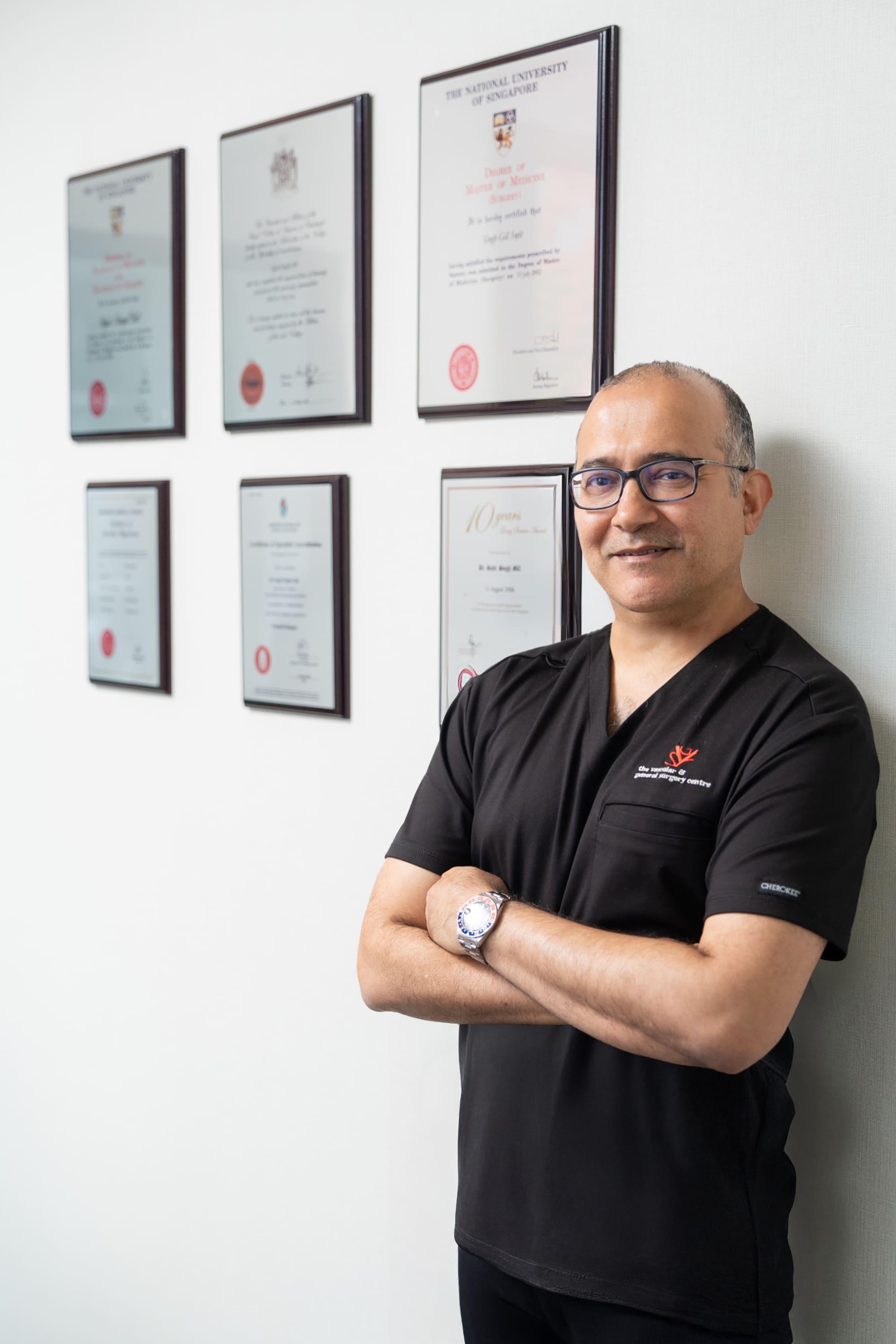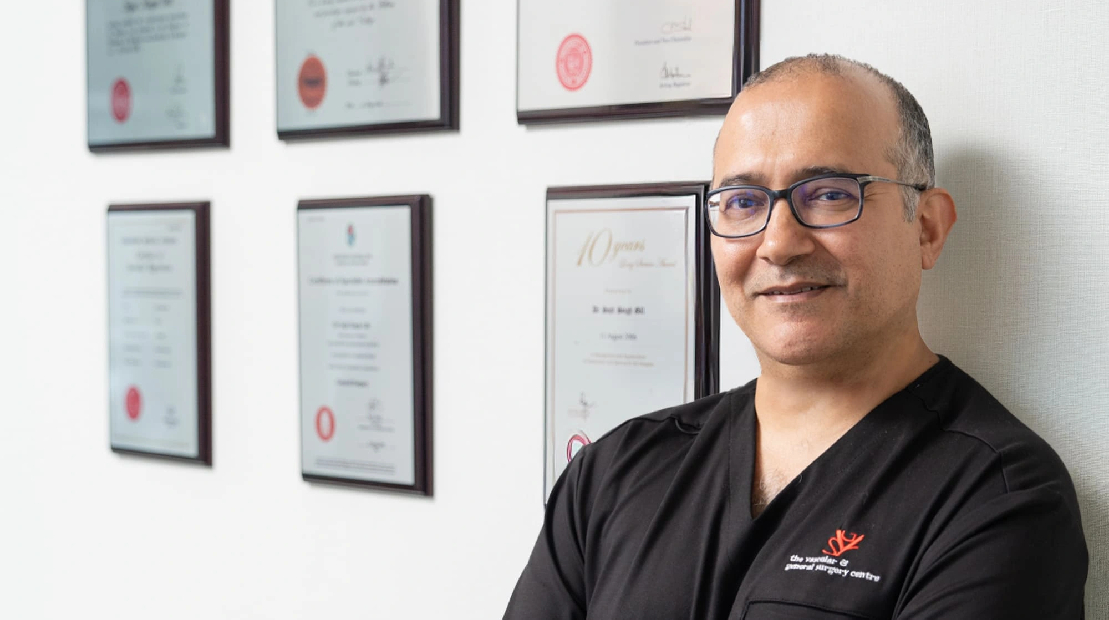FAQs
What do my colonoscopy results mean?
The results of a colonoscopy can either be positive or negative. Positive results mean that there
are polyps or abnormal tissues in the colon, which need further assessment, while a negative result
means that there are no polyps or abnormalities found. Most polyps are not cancerous, but some can
be precancerous. Polyps removed during colonoscopy will be sent to a laboratory for analysis to
determine whether they are cancerous, precancerous or noncancerous.
Is there any downtime after a colonoscopy?
Most of the time, patients will only experience some temporary bloating afterwards. If the procedure involved removal of polyps, full recovery may take a week and patients should avoid strenuous activities during that period of time.
How long should I stay in the hospital after a colonoscopy?
A colonoscopy service usually takes 30 to 60 minutes to be done. Another 2-3 hours may be needed so that patients can rest and recover. Once cleared by their doctor, patients can be discharged to go home within the day itself.
How much does a colonoscopy cost in Singapore?
The cost of a colonoscopy in Singapore differs, depending on its purpose (diagnostic or therapeutic), hospital fees, doctor’s fee, anaesthesia and whether it is performed at a public or private hospital. The patient’s insurance coverage and Medisave will also impact the final amount. Do check with the colonoscopy clinic or hospital directly for personalised and accurate advice on cost.
Is colonoscopy in Singapore covered by insurance?
Yes, a colonoscopy is generally covered by private insurance, the amount depending on the policy purchased. Additionally, the procedure is also covered by Medisave for Singaporean citizens and PRs.





